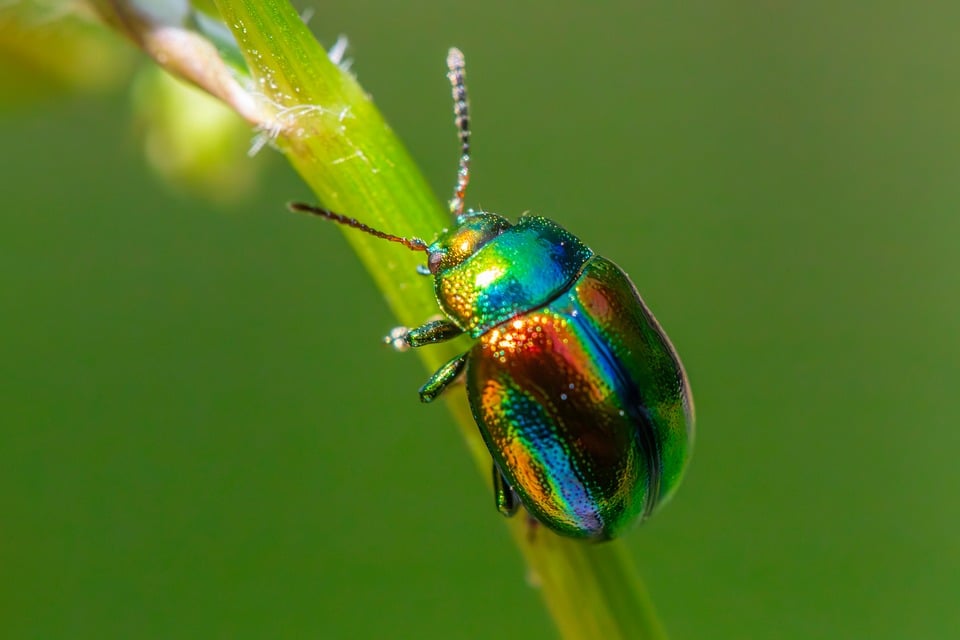Are you tired of frequent bathroom trips? Let’s dive into natural remedies for effortless bladder control that can change the game for you. This isn’t just about managing a nuisance—it’s about reclaiming your life, your confidence, and your peace of mind.
Contents
Understanding Bladder Control
Bladder control is more than a physical challenge; it ties directly to your daily comfort and quality of life. When you struggle with bladder control, every outing can feel like a ticking clock. You’re not alone—millions of women experience this issue. Whether it’s stress incontinence, urgency, or overactive bladder, the impact can be significant. Thankfully, there are natural remedies that can help you take charge.
Why Natural Remedies?
You might wonder why natural remedies are worth considering. The answer is simple: they’re often gentler on your body, easier to integrate into your lifestyle, and come without the side effects of pharmaceuticals. Plus, they empower you to be proactive about your health. Let’s explore seven natural remedies that can pave the way for effortless bladder control.
1. Kegel Exercises
Kegel exercises are your best friends. These simple movements strengthen your pelvic floor muscles, which support your bladder.
How to Do Kegels:
- Identify Your Muscles: Stop urination mid-flow to find your pelvic floor muscles.
- Practice: Contract these muscles for five seconds, then relax for five seconds. Repeat this 10-15 times.
- Consistency is Key: Aim for three sets a day.
By adding Kegels into your routine, you’re not just tightening muscles; you’re building a fortress around your bladder.
2. Herbal Remedies
Nature offers a plethora of options to support bladder health. Consider these herbal powerhouses:
- Cornsilk: Known for its soothing properties, cornsilk can ease inflammation and promote urinary tract health.
- Pumpkin Seed Extract: Rich in zinc and antioxidants, this extract supports bladder function and may reduce urgency.
- Horsetail: This herb acts as a natural diuretic, helping to flush out toxins while strengthening bladder walls.
Incorporating these herbs can provide gentle support without overwhelming your system. Always consult with a healthcare professional before starting any new herbal regimen.
3. Dietary Adjustments
What you eat plays a crucial role in bladder health. Here are some dietary tips:
- Stay Hydrated: Drink plenty of water, but avoid excessive caffeine and alcohol, which can irritate the bladder.
- Add Fiber: A diet rich in fiber can prevent constipation, which can strain the bladder.
- Limit Spicy Foods: Spices can irritate the bladder lining for some people.
Foods to Include:
- Berries: Packed with antioxidants, they may help reduce inflammation.
- Leafy Greens: Spinach and kale support overall health and hydration.
- Citrus Fruits: While some may find them irritating, others benefit from their high vitamin C content.
4. Mindfulness and Relaxation Techniques
Stress can wreak havoc on your bladder. Incorporate mindfulness practices into your daily routine:
- Meditation: Spend a few minutes each day focusing on your breath. This can help reduce stress and, in turn, improve bladder function.
- Yoga: Poses like Child’s Pose or Cat-Cow can strengthen pelvic floor muscles and promote relaxation.
By calming your mind, you can better manage bladder control.
5. Essential Oils
Certain essential oils can work wonders for bladder health. Here are a few to consider:
- Cypress Oil: Known for its ability to reduce incontinence, this oil can be used in a diffuser or diluted for topical application.
- Lavender Oil: A calming oil that can help reduce anxiety, leading to better bladder control.
Always dilute essential oils with a carrier oil before applying them to your skin, and consult a professional if you’re unsure.
6. Acupuncture
This ancient practice involves using thin needles at specific points in the body. Research shows that acupuncture can help with bladder control by promoting relaxation and balancing energy.
Finding a certified acupuncturist who understands bladder issues is essential. Regular sessions can lead to significant improvements.
7. Maintain a Healthy Weight
Carrying excess weight puts pressure on your bladder. By focusing on a balanced diet and regular exercise, you can manage your weight effectively.
Tips for Weight Management:
- Regular Exercise: Aim for at least 150 minutes of moderate aerobic activity weekly.
- Balanced Diet: Focus on whole foods, lean proteins, and healthy fats.
- Set Realistic Goals: Small, achievable goals can lead to lasting changes.
Bottom Line
Taking control of your bladder health is possible with these natural remedies for effortless bladder control. From Kegel exercises to dietary changes, there are countless ways you can empower yourself. Remember, it’s about consistency and making informed choices that suit your lifestyle.
Final Thoughts
You’re not alone on this journey. Many women have walked this path and found success. Embrace these remedies, listen to your body, and don’t hesitate to reach out for professional guidance when needed.
Are you ready to take the next step? Implement one remedy today and notice the difference it makes in your life!
FAQ
Q: How long does it take to see results from Kegel exercises?
A: Many women notice improvements within a few weeks of consistent practice.
Q: Are there any side effects to herbal remedies?
A: While most are safe, always consult a healthcare professional before trying new herbs, especially if you have existing conditions or are on medication.
Q: Can stress really affect bladder control?
A: Absolutely! Stress can increase urgency and frequency, making relaxation techniques vital for managing symptoms.
Incorporate these tips into your daily routine and watch your confidence soar!
Get Your FREE Natural Health Guide!
Subscribe now and receive our exclusive ebook packed with natural health tips, practical wellness advice, and easy lifestyle changes, delivered straight to your inbox.






